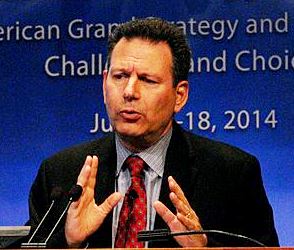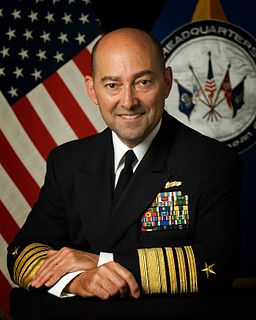A Quote by Miroslav Lajcak
Coming from a smaller nation in Central Europe, I have learned pretty soon how important are agreed rules, cooperation, respect for partners and, most of all, willingness to listen and find common solutions.
Related Quotes
Peace is our goal, but peace from strength, an enduring peace that will bring regional cooperation. What we have emphasized and agreed is that we are strategic partners. We are bound by common interests and will act together to ensure both the safety of United States and the safety of Afghanistan. That is the important consideration. Numbers are a means; they are not an end in themselves.
The United States is probably the most [socially] mobile society in the history of the world. The virtues that are most valuable in it are diligence, discipline, ambition, and a willingness to take risks. Education and credentials are most important in government; elsewhere most skills are learned on the job.
If we want to create new rules of globalization, then we can't just think in terms of the nation state. The nation state has long offered protection. But it suffers from the fact that many citizens increasingly fear that it can no longer protect them: The threat of transnational terrorism is growing. Freedom of movement rules in Europe facilitate social dumping. Regardless of the make-up of the next government, it must have clear ideas on how to overcome the lack of direction of recent years.
Just as the common law derives from ancient precedents - judges' decisions - rather than statutes, baseball's codes are the game's distilled mores. Their unchanged purpose is to show respect for opponents and the game. In baseball, as in the remainder of life, the most important rules are unwritten. But not unenforced.
In the United States of America, unfortunately we still live in a bubble of unreality. And the Category 5 denial is an enormous obstacle to any discussion of solutions. Nobody is interested in solutions if they don’t think there’s a problem. Given that starting point, I believe it is appropriate to have an over-representation of factual presentations on how dangerous it is, as a predicate for opening up the audience to listen to what the solutions are, and how hopeful it is that we are going to solve this crisis.







































